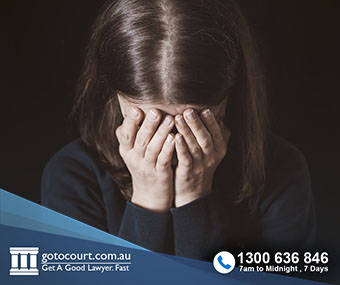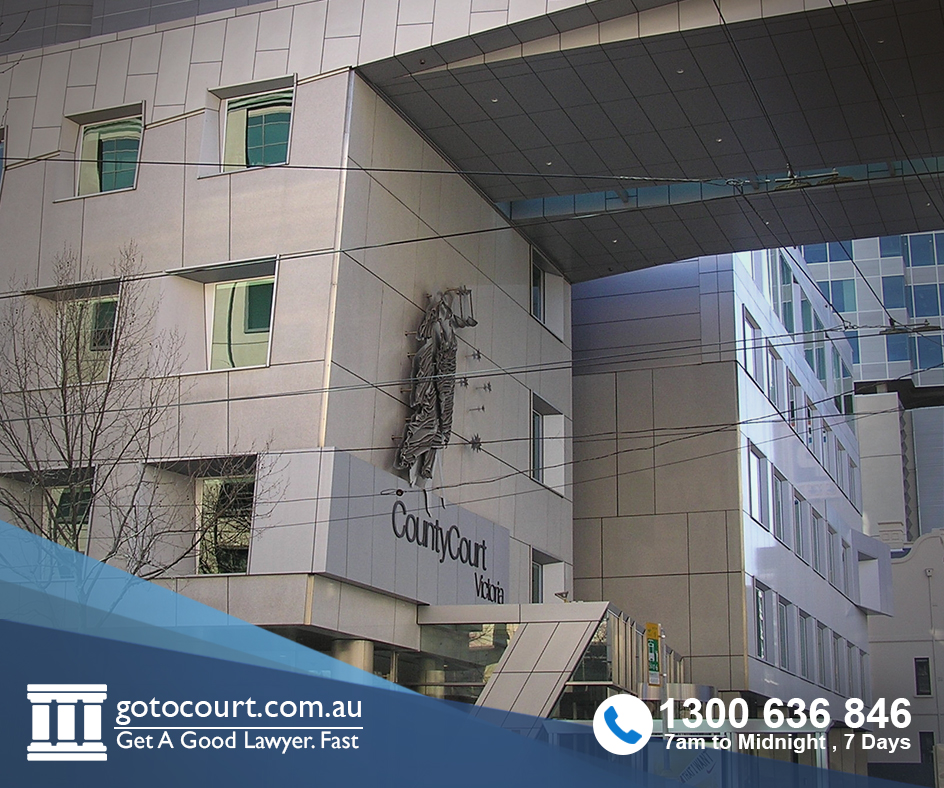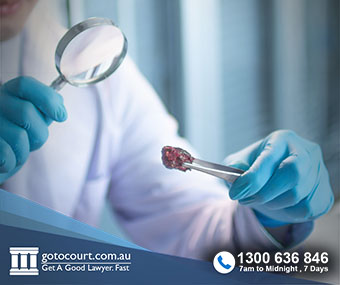Fraud in Victoria and Crimes of Deception
Fraud in Victoria includes a number of offences involving deception, including the offences of obtaining property by deception, obtaining financial advantage by deception, falsification of documents and false accounting. This article outlines offences related to fraud in Victoria.
Obtaining property by deception
The offence of obtaining property by deception is contained in section 81 of the Crimes Act 1958 which states that it is a crime for a person to act deceptively and with dishonesty obtain or acquire property that belongs to someone else. The offence requires an intention to permanently deprive the rightful owner of the property.
The offence of obtaining property by deception carries a maximum penalty of ten years imprisonment.
The term property is given a wide meaning under section 71 of the Crimes Act 1958. It includes all real and personal property, and specifically includes money and intangible property. The property that is obtained must belong to another. Property will be considered to belong to somebody else when that person has possession or control of it, or has a legal right or interest in the property. This is in comparison to property which has clearly been abandoned.
Obtaining financial advantage by deception
The offence of obtaining financial advantage by deception is governed by section 82 of the Crimes Act. It occurs when a person dishonestly obtains a financial advantage for themselves or for another person.
This offence attracts a maximum penalty of ten years imprisonment.
The requirements of deception and dishonesty have been given the same meaning as the other offences of fraud in Victoria. The term financial advantage has been given a broad interpretation. It essentially means something that improves the financial situation of the person in question.
What is deception?
The term deception is given a particular legal meaning when discussing fraud in Victoria. Deception is defined in section 81(4) of the Crimes Act 1958. It includes words or conduct as to matters of fact or law that are deceitful about the true nature of things.
The law also expressly provides that it is deceitful to do something with a machine or a computer with the intention to make it respond in a way which you do not have the authority to do. For example, it would be deceitful to use somebody else’s bank card and PIN to withdraw money from an Automatic Teller Machine (ATM) without that person having first authorised you to do so.
In order to be considered deception, the accused’s conduct or words must be either intentional or reckless. To behave in a reckless way is essentially to say or do something knowing that there is a substantial risk that it might be deceptive, but carrying on anyway.
It is also necessary for the deception to actually play a part in obtaining the property. That is, there must be a cause and effect relationship between the deception and property actually being obtained.
What is dishonesty?
For fraud-related offences in Victoria, the word ‘dishonesty’ also carries a particular meaning. A person behaves dishonestly if they purposefully obtain an item of property without the genuine belief that they had a legal right.
Other offences of fraud in Victoria
There is a range of offences related to fraud in Victoria under Division 2 of the Crimes Act 1958. These include:
- False accounting (section 83);
- Falsification of documents (section 83A);
- False statements by company directors (section 85);
- Suppression of documents (section 86); and
- Blackmail (section 87).
Each of these offences apply in particular factual circumstances, involve different legal elements, and have different maximum penalties. It is therefore particularly important to seek legal advice if you are charged with an offence related to fraud in Victoria.
If you require legal advice or representation in any legal matter, please contact Go To Court Lawyers.





